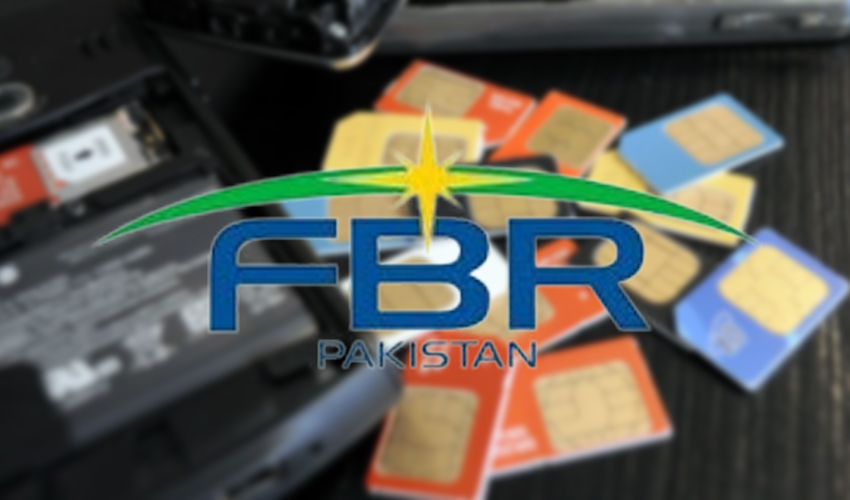Mohsin Siddiqui (Chief Reporter)
The Karachi Tax Bar Association (KTBA) has formally requested the Federal Board of Revenue (FBR) to adopt a more proactive approach in updating the list used for blocking SIM cards of individuals who fail to file their income tax returns. In a letter addressed to the Member IT of the FBR, the KTBA emphasized the necessity of updating this SIM blocking list on a weekly basis to prevent the inadvertent inclusion of compliant taxpayers.
The background of this issue lies in an IT General Order (ITGO) issued on April 29, 2024. This order directed the Pakistan Telecommunication Authority (PTA) and mobile operators across the country to disable the SIM cards of a significant number of individuals—506,670 to be exact. These individuals were identified as liable to file their income tax returns for the Tax Year 2023 but were not listed on the Active Taxpayer List (ATL).
The purpose of this directive was clear: to enforce tax compliance by applying a stringent measure that directly affects a non-compliant individual’s access to mobile communication services. However, the KTBA has observed that this well-intentioned move has led to unintended consequences. Even after some individuals have fulfilled their tax obligations by filing their income tax returns for 2023, their names have remained on the ITGO list. Consequently, these compliant taxpayers find themselves at risk of having their SIM cards blocked—a situation that not only causes unnecessary inconvenience but also undermines trust in the tax system.
The KTBA, in its letter, expressed concern over this issue and pointed out the need for a more dynamic system that reflects real-time compliance. They urged the FBR to ensure that the list used for blocking SIM cards is updated with the same frequency as the Active Taxpayer List (ATL). This would mean weekly updates to the ITGO list to remove the names of individuals who have already filed their income tax returns for the year 2023.
The KTBA’s request is based on the principle of fairness. Taxpayers who have complied with their legal obligations should not suffer the consequences intended for those who have not. The association highlighted that failure to update the list promptly could lead to widespread frustration among taxpayers who have already taken the necessary steps to be in good standing with the tax authorities. Furthermore, it could discourage voluntary compliance, as individuals may feel that their efforts to fulfill their tax obligations are not being recognized.
The situation underscores the importance of maintaining accurate and up-to-date records, particularly when it comes to enforcement measures that have a direct impact on citizens’ day-to-day lives. The KTBA’s request is not merely about administrative efficiency but also about protecting the rights of compliant taxpayers. By ensuring that the SIM blocking list is updated weekly, the FBR can avoid potential legal challenges and public dissatisfaction.
The association suggested that the FBR should enhance its communication with the PTA and mobile operators to ensure that any updates to the SIM blocking list are implemented without delay. This collaborative approach would help in minimizing the risk of errors and ensure that the system operates smoothly.
This development also brings to light the broader issue of how tax compliance is enforced in Pakistan. The use of SIM blocking as a tool to compel tax compliance is a relatively new strategy, and while it may be effective in some cases, it also requires careful management to avoid unintended consequences. The KTBA’s concerns highlight the need for a balanced approach that ensures compliance while respecting the rights of taxpayers.




